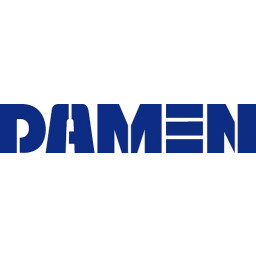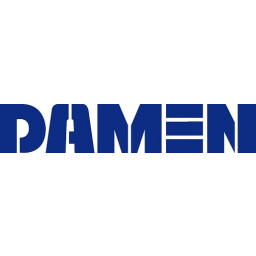North Sea Production Problems Keep Oil Prices More Resistant
Oil prices held steady at around US$108 on Thursday supported by tight supply although Europe’s failure to agree a plan to resolve the euro zone’s debt crisis continued to stalk the market.
French President Nicolas Sarkozy flew to Frankfurt to talk with German Chancellor Angela Merkel to try to break a deadlock ahead of a crucial EU summit this weekend.
European equities, metals and commodity currencies fell on the uncertainty, the euro lost ground against the dollar, and oil erased gains made last week on rescue deal optimism.
Brent crude futures were down 10 cents at $108.30 a barrel at 0841 GMT, after settling $2.76 lower on Wednesday. U.S. oil, which expires on Thursday, fell 31 cents to $85.80 a barrel.
But oil has proved more resilient than other commodities such as copper and gold. Traders said Brent was being underpinned by short supply due to ongoing production problems in the North Sea.
“A lot of the strength of the market is being driven by the fact that there are cargoes missing from the program and we expect to see some missing from next month’s as well,” a trader said.
“The North Sea is going through a bit of an adjustment – UK investment has dropped off very substantially in the last few years. That will have an effect.”
In addition, backwardation in the curve – where the front contract trades at a premium to the next one – is discouraging traders from building inventories.
“Everything is hand to mouth. That will keep prices steady. Fundamentals are supporting the market for the first time,” said the trader.
But analyst Carsten Fritsch at Commerzbank said that if market sentiment remains very negative, Brent will follow other commodities down.
“This is just short-term resilience. I don’t think crude oil can decouple from the others for a long time,” he said.
Fritsch said that oil markets would be watching macroeconomic newsflow ahead of the eurozone summit this weekend, along with the euro/dollar exchange rate and stock markets today.
Plans to tackle the euro zone debt crisis have stalled with Paris and Berlin at odds over how to increase the firepower of the region’s bailout fund, Sarkozy said on Wednesday.
France has argued that the most effective way of leveraging the European Financial Stability Facility (EFSF) is to turn it into a bank which could then access funding from the European Central Bank, but both the central bank and the German government have opposed this.
“Germany and France are pulling in opposite directions, hence market expectations for a solution have been lowered,” said Thorbjorn Bak Jensen, an analyst at Global Risk Management.
PRICE OUTLOOK
The decline in U.S. crude is being limited by Wednesday’s bullish data from the U.S. Energy Information Administration.
Both crude and oil product stocks in the world’s biggest oil consumer fell sharply last week as crude imports reached a 10-month low and refineries cut processing rates.
“This is seen as a bullish sign that the supply in the U.S. is tightening, despite the fact that it is to do with weaker imports, weaker refinery production, and stronger exports, rather than a sign that demand is picking up,” said Commerzbank’s Fritsch.
Barclays Capital said it maintained its crude price forecast of $115 for Brent in 2012, and that even in the worst case the downside was unlikely to be as severe as end-2008.
Economists saw little risk of a severe Asia-wide slump, a Reuters poll released on Thursday showed, even though China’s economic growth will probably cool next year to the lowest annual rate in a decade.
Brent has slipped 4 per cent so far this week, its biggest slide since the week of September 25, reversing a 6.6 per cent gain in the previous week. U.S. oil has fallen 2 per cent this week compared with a 5.3 per cent rise last week.
[mappress]
Source: ahram, October, 20. 2011








